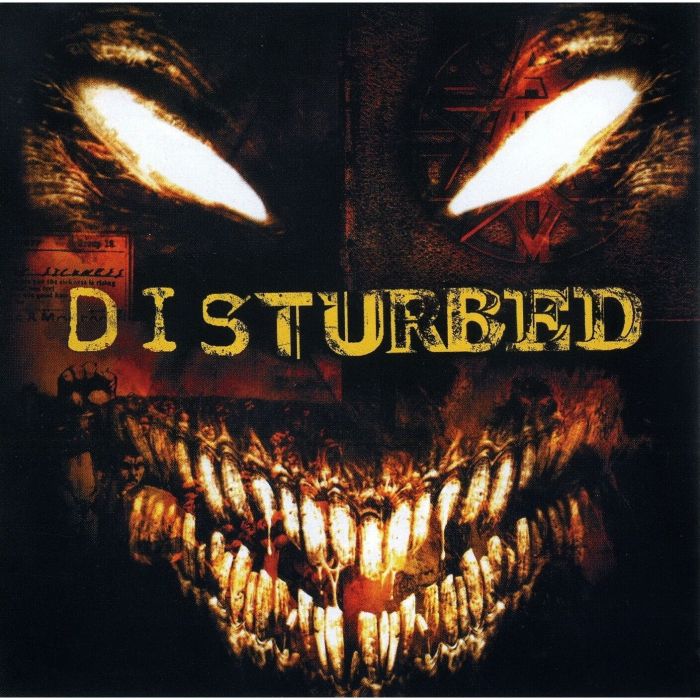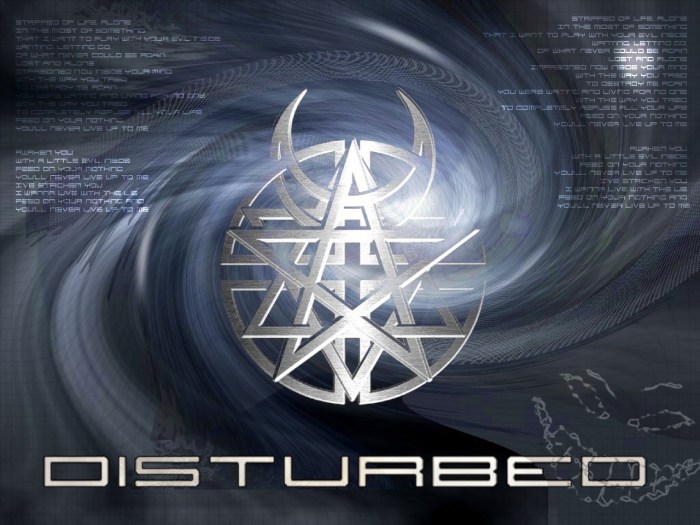Trouble mentally or emotionally crossword – The enigmatic crossword clue “trouble mentally or emotionally” hints at a myriad of mental health conditions and emotional distress. This exploration delves into the complexities of these issues, shedding light on their manifestations, impact, and the crucial importance of seeking professional help.
Mental health conditions encompass a wide spectrum of disorders, each with unique symptoms and effects on individuals. Anxiety, depression, and bipolar disorder are but a few examples of these conditions, which can significantly impair daily life and well-being.
Mental Health Concerns

Mental health concerns encompass a wide range of conditions that can affect an individual’s mental and emotional well-being. These conditions can manifest in various ways, ranging from mild symptoms to severe distress.
Some common mental health conditions that may be indicated by the crossword clue “trouble mentally or emotionally” include:
- Anxiety disorders, such as generalized anxiety disorder, panic disorder, and social anxiety disorder
- Mood disorders, such as depression and bipolar disorder
- Psychotic disorders, such as schizophrenia and schizoaffective disorder
- Personality disorders, such as borderline personality disorder and narcissistic personality disorder
- Trauma-related disorders, such as post-traumatic stress disorder (PTSD) and acute stress disorder
The symptoms of mental health conditions can vary widely, but may include:
- Changes in mood, such as persistent sadness, irritability, or euphoria
- Changes in thinking, such as difficulty concentrating, making decisions, or remembering
- Changes in behavior, such as withdrawal from social activities, increased impulsivity, or aggression
- Physical symptoms, such as fatigue, headaches, or digestive problems
Mental health conditions can have a significant impact on an individual’s daily life, affecting their relationships, work, and overall well-being. It is important to seek professional help if you are experiencing any symptoms of a mental health condition.
Emotional Distress
Emotional distress refers to a state of intense negative emotions, such as anxiety, sadness, anger, or fear. It can be caused by a variety of factors, including mental health conditions, life events, or physical illness.
Emotional distress can manifest physically in a number of ways, including:
- Increased heart rate and blood pressure
- Muscle tension
- Headaches
- Stomach problems
- Sleep disturbances
Emotional distress can also manifest behaviorally, leading to:
- Withdrawal from social activities
- Increased irritability or aggression
- Difficulty concentrating
- Substance abuse
- Self-harm
It is important to seek professional help if you are experiencing emotional distress. A therapist can help you identify the source of your distress and develop coping mechanisms to manage your emotions.
Coping Mechanisms
Coping mechanisms are strategies that individuals use to manage stress, difficult emotions, and other challenges. Healthy coping mechanisms can help individuals maintain their mental health and well-being.
Some examples of healthy coping mechanisms include:
- Therapy
- Exercise
- Mindfulness
- Spending time in nature
- Connecting with loved ones
- Engaging in hobbies or activities that bring joy
Coping mechanisms can be tailored to the individual’s needs and preferences. It is important to find coping mechanisms that are effective and healthy for you.
Seeking Professional Help, Trouble mentally or emotionally crossword
Seeking professional help is an important step in managing mental health concerns and emotional distress. A mental health professional can provide a diagnosis, develop a treatment plan, and provide support and guidance.
There are different types of mental health professionals available, including:
- Psychiatrists
- Psychologists
- Social workers
- Counselors
To find a qualified therapist or counselor, you can ask for recommendations from your doctor, friends, or family members. You can also search for therapists in your area online or through professional organizations.
Stigma and Mental Health
Stigma is a negative attitude or belief towards a person or group of people. Mental health stigma is a widespread problem that can prevent individuals from seeking help for mental health concerns.
Stigma can have a number of negative consequences for individuals, including:
- Delaying or avoiding seeking treatment
- Experiencing shame or embarrassment
- Being discriminated against in employment, housing, or other areas
It is important to challenge and reduce stigma surrounding mental health. We can do this by:
- Educating ourselves about mental health conditions
- Talking openly about mental health
- Supporting individuals who are experiencing mental health concerns
- Advocating for policies that promote mental health and reduce stigma
Helpful Answers: Trouble Mentally Or Emotionally Crossword
What are some common symptoms of mental health conditions?
Symptoms can vary depending on the condition, but may include changes in mood, sleep patterns, appetite, energy levels, and concentration.
How can I cope with emotional distress?
Healthy coping mechanisms include therapy, exercise, mindfulness, spending time in nature, and connecting with loved ones.
Why is it important to seek professional help for mental health issues?
Professional help provides personalized guidance, support, and evidence-based treatments that can significantly improve mental health outcomes.


